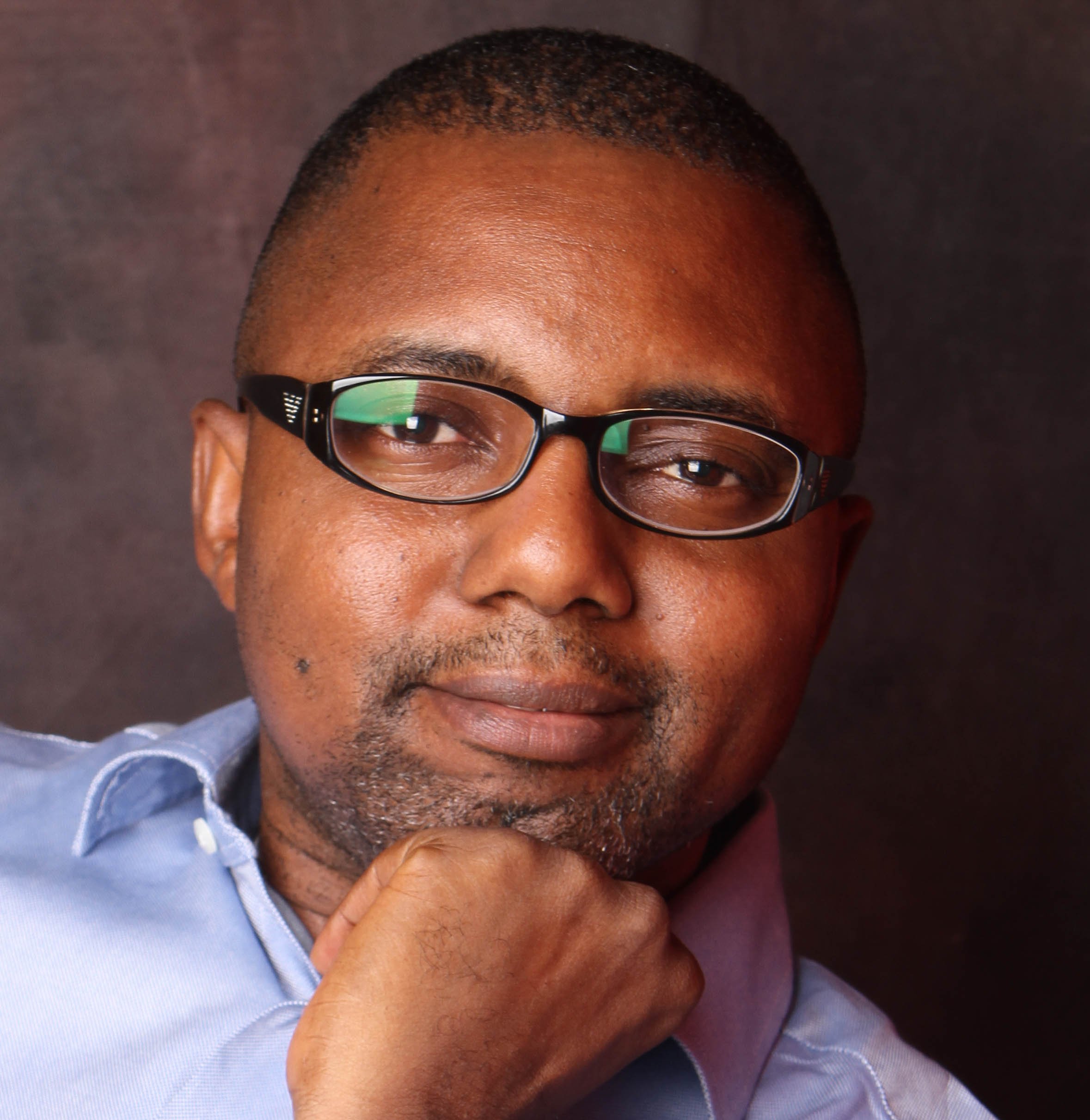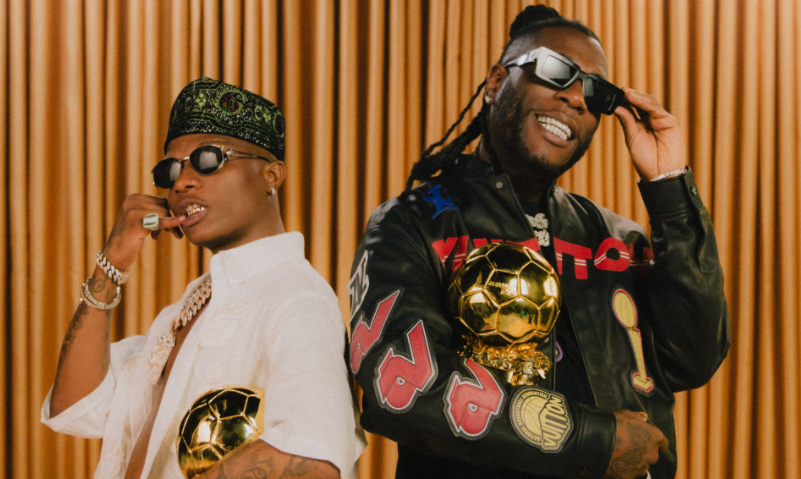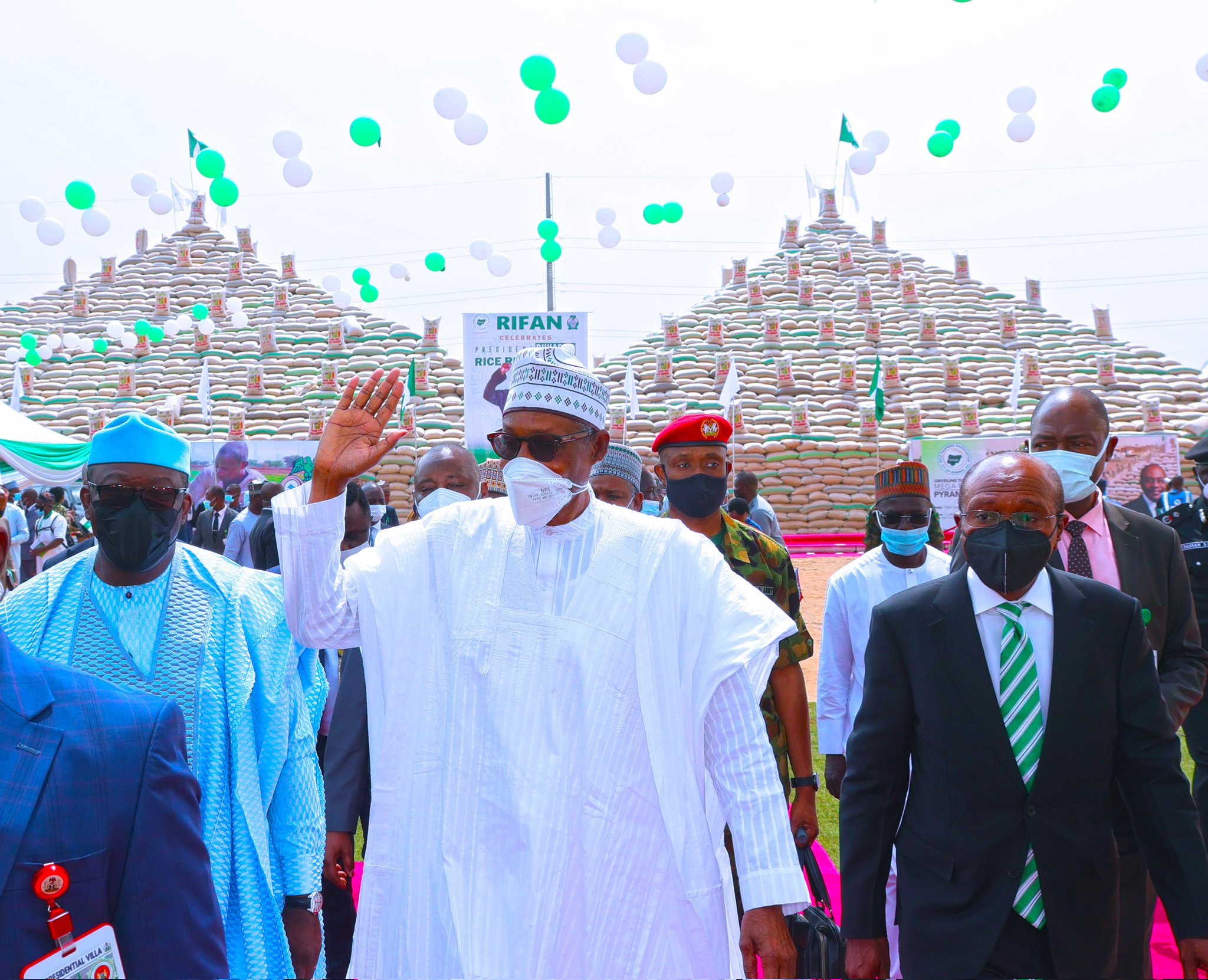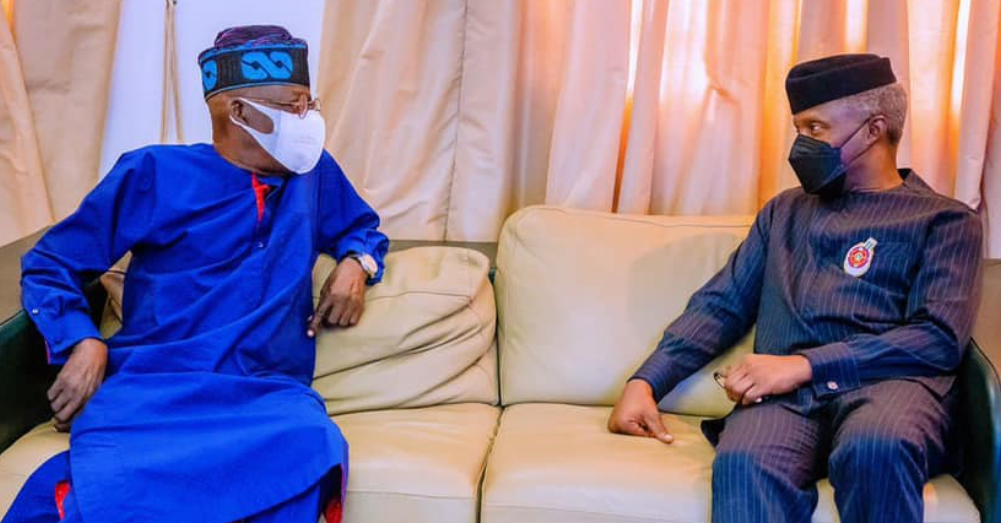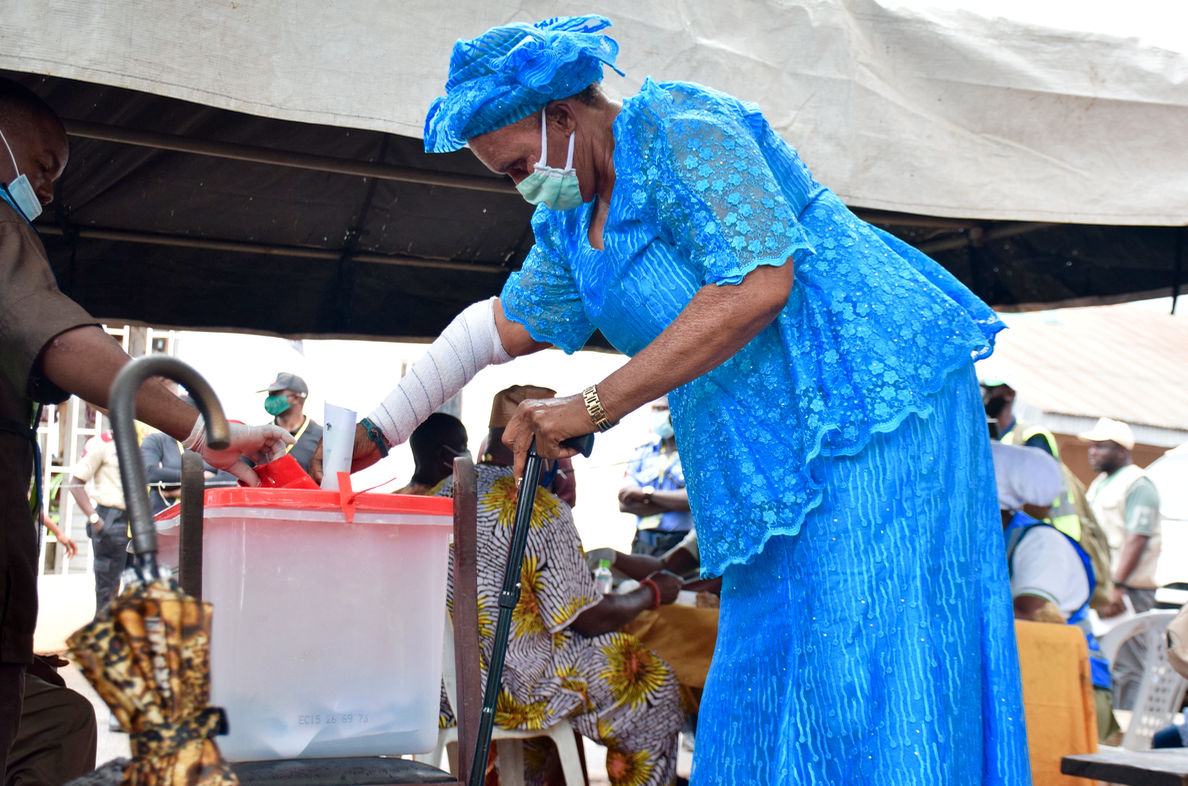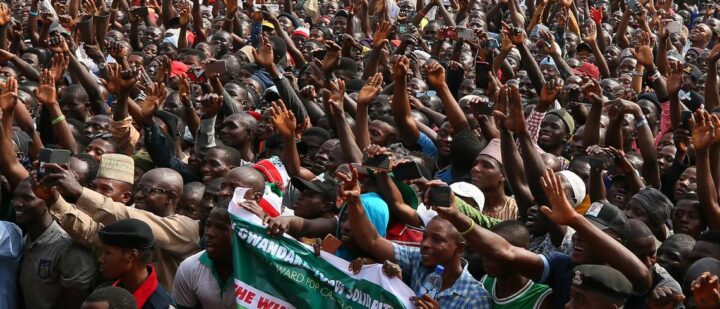International relations practitioners generally divide power, defined as the ability to influence the behaviour and action of others, into two types. There is hard power, which derives principally from the use of coercive forces, such as the use of military force and economic incentives or sanctions, to compel the desired behaviour of other state and non-state actors. Then there is soft power, which is non-coercive by nature, such as culture, values, sports and diplomacy, yet enable a country to achieve its desired outcome. In other words, while hard power is overt and commanding, soft power is benign and influence-based.
For Nigeria, hard power has not been of particular importance in recent decades. While it has often used its economic strength to achieve desired goals in the West African region, for instance by unilaterally closing borders with its neighbours, it is unable to deploy this beyond its immediate geopolitical confines. This is even more so for its military which has, for over a decade, been bogged down with battling internal insurgencies and terrorism.
Given the limitations of the country’s hard powers, Nigeria has historically relied on its soft powers to achieve its stated foreign policy goals. Chief amongst these is diplomacy, where it is able to leverage its demographic gifts and its avowed leadership amongst African countries. However, in the face of dwindling economic circumstances and internal strife, even the efficacy of its diplomatic soft power has been significantly eroded. Worse, due to the security challenges at home and the involvement of some of its citizens with global financial crimes (419, Yahoo-Yahoo, hard drugs smuggling etc), the image of the country has been battered ceaselessly. Compared to its heydays of the 1970s and early 1980s, Nigeria is far less regarded in the comity of nations.
But there is hope. Hope is a new and rising lever of power that Nigeria can and should be using to significantly rebuild its global image and acclaim. This lever is music, Nigerian music in general and Afrobeats in particular. The continuing rise and global acceptance of the Afrobeats genre provide Nigeria with a weapon that, properly leveraged, can significantly impact its foreign image.
Advertisement
To be sure, Nigeria has always been blessed with very talented musicians. Right from colonial times, musicians across the country have delighted audiences and helped to uphold historical cultures. Highlife music gave us stars like Osita Osadebey, Oliver de Coque, and Bobby Benson to mention a few. Juju music contributed its own quota with the exploits of Ebenezer Obey, Sunny Ade and Shina Peters. Fuji music gave us Ayinde Barrister, Ayinla Kollington and Ayinde Marshall. Some of them went on to achieve some semblance of global renown, chief amongst these being Fela Kuti. His dexterity in combining African and Western instrumentation with protest lyrics earned him worldwide fame. Despite their various and varying successes, there was never a time when it was possible to assert that Nigerian music has arrived and has taken over the global music scene as we are currently witnessing.
Today, American and European airwaves are filled with the music of young Nigerian superstars like Davido, Wizkid, and Burna Boy. Radio stations, TV stations, airport halls, sports stadia etc can hardly have enough of them. Only recently, Wizkid sold out three consecutive concert days at the 02 Arena in London, a fit that only truly global superstars can achieve. Indeed, watching young Nigerian musicians sell out iconic venues like Madison Square Garden, the Royal Albert Hall and the 02 Arena has been joyful. In the process, world-renowned stars like Beyonce, Drake, Justin Bieber, and Ed Sheeran have actively sought out collaborations with our Afrobeats stars. To cap it, the global awards have been streaming in. Once, Nigerians celebrated seeing their musicians get nominated for some obscure Grammy award category, winning major categories is now the expectation. In the last edition, Burna Boy and Wizkid won awards. Based on the current trajectory, they will not be the last.
So how can Nigeria leverage this newfound power? We should start by taking lessons from America. In the heat of the Cold War, the American government unleashed the power of its cultural icons onto the world stage in a global show of public diplomacy. Cultural delegations were regularly led by famous names like Muhammed Alli, Louis Armstrong and Martin Luther King Jr., musicians were sponsored on tours, artistes of every hue showed up in different parts of the world for exhibitions, conferences performances etc. All with the intent to sell the American way of life and gain allies for the country. The successes of those efforts remain evident to date.
Advertisement
First things first, Nigeria should look to put in place a national music strategy that is woven into different elements of government, including foreign affairs, information and culture, youth development, education, and finance. With this in place, different programmes for leveraging our rising music currency locally and internationally can then follow.
One programme that can be easily and speedily executed is the appointment of some of our global icons as cultural ambassadors. Right now, they represent the best of us in the eyes of the world and deserve not only to be recognised for their efforts but also included in our efforts at global image rejuvenation.
These appointments should follow detailed plans about getting them to front national and international communication campaigns. There have been previous efforts at national branding, with campaigns led by political officeholders. One of these was the thematic, ‘Nigeria – Good people, Great Nation’ that ran under the Goodluck Jonathan administration. None gained traction. A carefully planned advertising campaign, using our global music stars to tell the story of Nigeria as a multi-cultural nation of world-class talents, content creators and vibrant youths, should easily deliver the goods.
Such a campaign should be further supported with cultural visits, fronted by these new cultural ambassadors, to different parts of the world. This can be achieved by aligning such visits to their promotional tours, thus enabling ease of coordination and cost reduction. A Wizkid appearing and engaging opinion formers, influencers and youth leaders, on behalf of Nigeria, in places like the UAE, Thailand and Brazil will stand a great chance of changing minds about Nigerians in general.
Advertisement
On the education and youth development front, a lot of leveraging opportunities abound. Nigeria is currently battling rising cases of social ills amongst its youths including illicit drug use, online financial crimes, and insecurity. Creatively deploying these stars to engage our youths on these issues with a view to changing minds and directing them to more edifying causes is one that the relevant ministries should be directing their energies.
All told, with the rising profile of its young and vibrant musicians who are taking the world by storm, Nigeria has a unique opportunity. This is an opportunity that very few nations are gifted. We must seize it and utilise it to regain some of our lost lustre in the comity of nations.
Adetayo is a communications executive and a commentator on national and international affairs
Advertisement
Views expressed by contributors are strictly personal and not of TheCable.
